How Changing Your Diet Can Fight Inflammation (Meal Ideas Included!)
Inflammation is caused by the body’s immune system preventing and protecting against bacteria, infections, and viruses. However, autoimmune diseases such as arthritis can trigger inflammation. With no foreign bacteria, infection, or viruses to combat, white blood cells begin damaging tissues within the body. Chronic inflammation can be the cause of many more serious illnesses such as heart disease and cancer.
Inflammation can be characterized by redness, swelling, tingling, warmth, stiffness, and joint pain. It is also associated with symptoms such as a fever or chills, fatigue, and headaches. However, inflammation can be countered with anti-inflammatory medications and by making necessary dietary changes.
What Is An Anti-Inflammatory Diet?
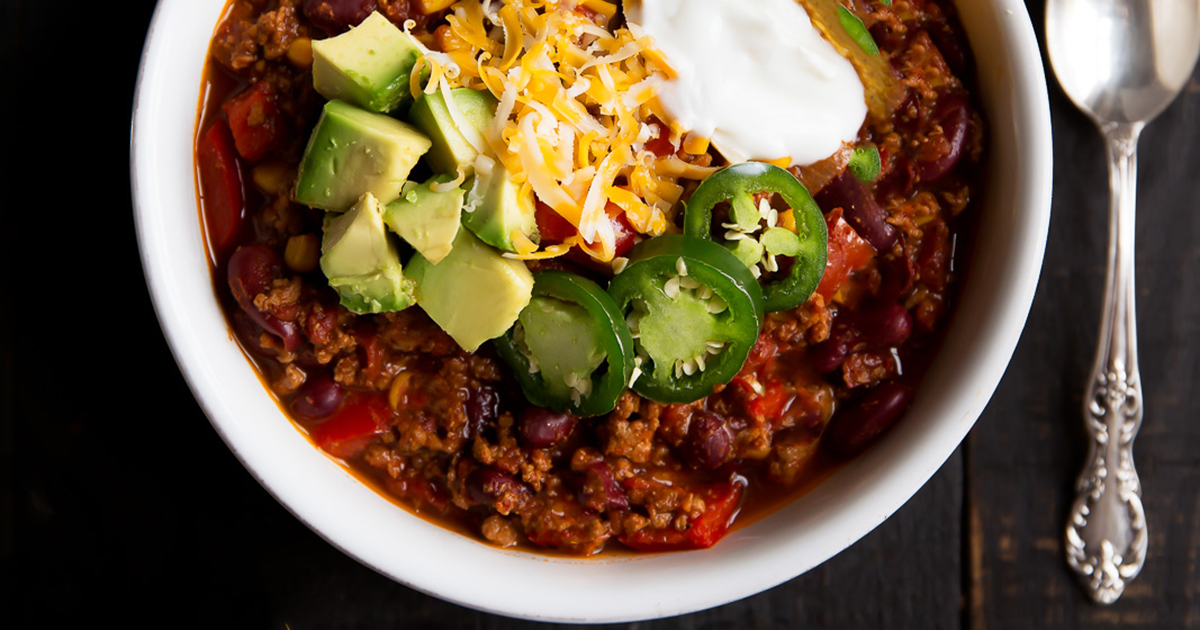
Diet, stress, lack of exercise, heredity, and exposure to toxins and endocrine disruptors can all contribute to chronic inflammation. However, inflammation can be reduced or curbed by transitioning to a diet abundant in anti-inflammatory foods such as avocados, blueberries, carrots, oranges, and many more. Not only will these foods assist in the treatment and prevention of chronic inflammation, but they are also rich in energy, vitamins, fatty acids, and dietary fibers that are essential to maintaining a healthy diet. An anti-inflammatory diet may also help treat illnesses such as arthritis, heart disease, Crohn’s disease, diabetes, lung diseases such as chronic obstructive pulmonary disease (COPD), and mood disorders.
Tips For Maintaining A Healthy Anti-Inflammatory Diet
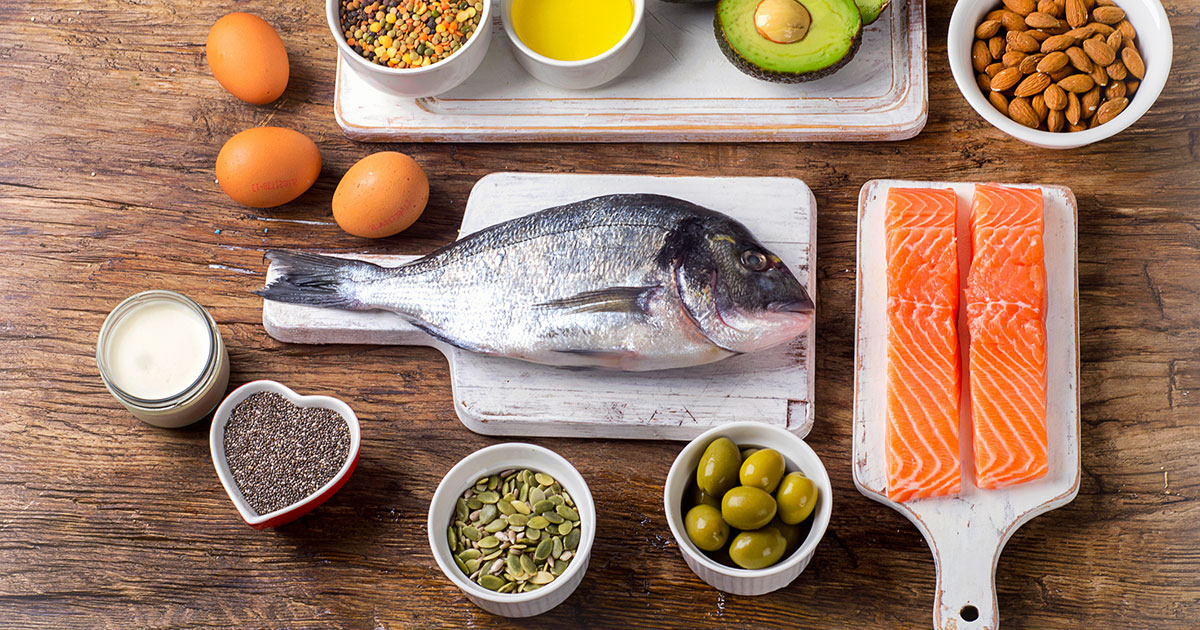
When patients make the switch to an anti-inflammatory diet, it is essential that they know precisely what their bodies need in order to do so in a healthy manner. It is crucial that those on this diet remember to eat a minimum of twenty-five grams of dietary fiber each day, eat a minimum of nine servings of fruits and vegetables, reduce saturated fat to twenty grams per day, and ingest foods rich in omega-3 fatty acids such as salmon. It is advised that to sustain a healthy diet, that patients steer clear of processed foods and refined sugars as often as possible, and that they abandon trans fats entirely from their diet.
Benefits Of An Anti-Inflammatory Diet

By switching to an anti-inflammatory diet, patients may notice many changes to their overall health. The most important difference and a significant benefit is the management of their chronic inflammatory condition, whether it is COPD or arthritis. However, this diet has also proved well to aid in the prevention of age-related cognitive decline, such as Alzheimer’s disease.
Patients that transition to an anti-inflammatory diet might also observe a slight reduction in their weight, with most patients losing an average of 0.5 percent body fat per week. Other benefits of shifting to an anti-inflammatory diet include increased energy and concentration.
Foods That You Should Eat
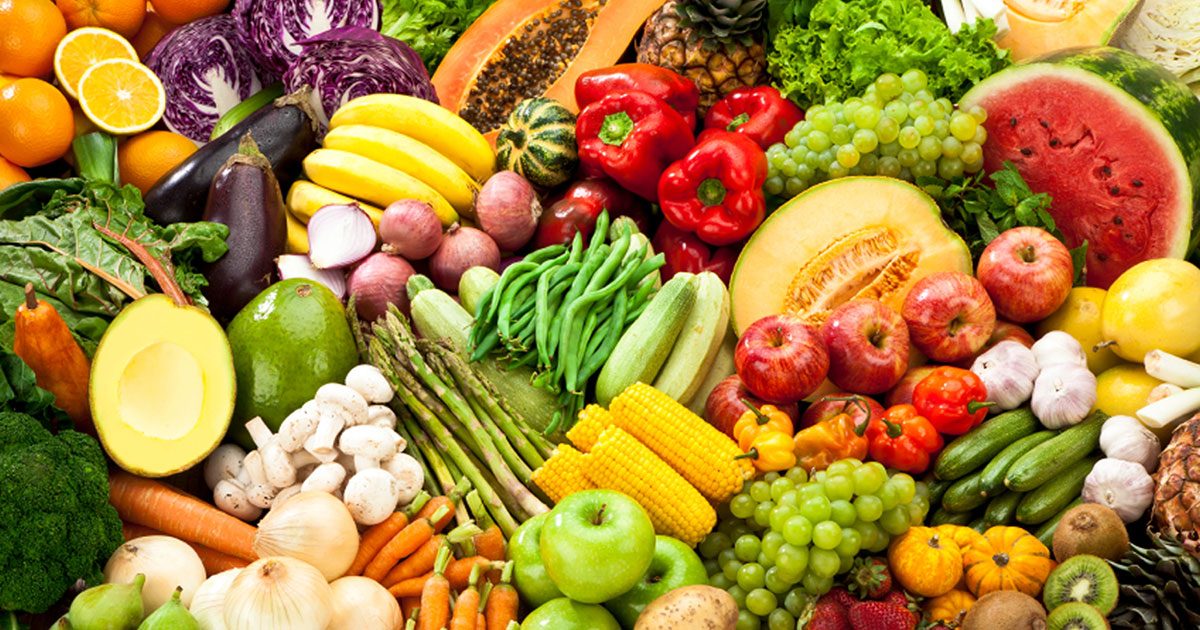
The best foods to eat on an anti-inflammatory diet are nutritious foods that are rich in vitamins, minerals, fibers, and antioxidant properties - also known as polyphenols. Some fruits that patients should stock up on include avocados, blueberries, strawberries, and oranges, which are all rich in vitamins and polyphenols. Avocados stand out as a fantastic food in include in an anti-inflammatory diet due to being rich in monounsaturated fats, which are useful fats for a healthy diet.
Regarding vegetables, patients should include more leafy greens like kale, spinach, and chard, as well as sweet potatoes, dry beans, carrots, and broccoli into their diet. These are all ample in dietary fibers, which contribute to the needed twenty-five grams per day. Other foods to include in daily consumption are whole grains such as oatmeal, brown rice, and whole-wheat bread, as well as herbs and spices that can add antioxidants to a meal like turmeric and ginger.
Remember To Avoid These Foods
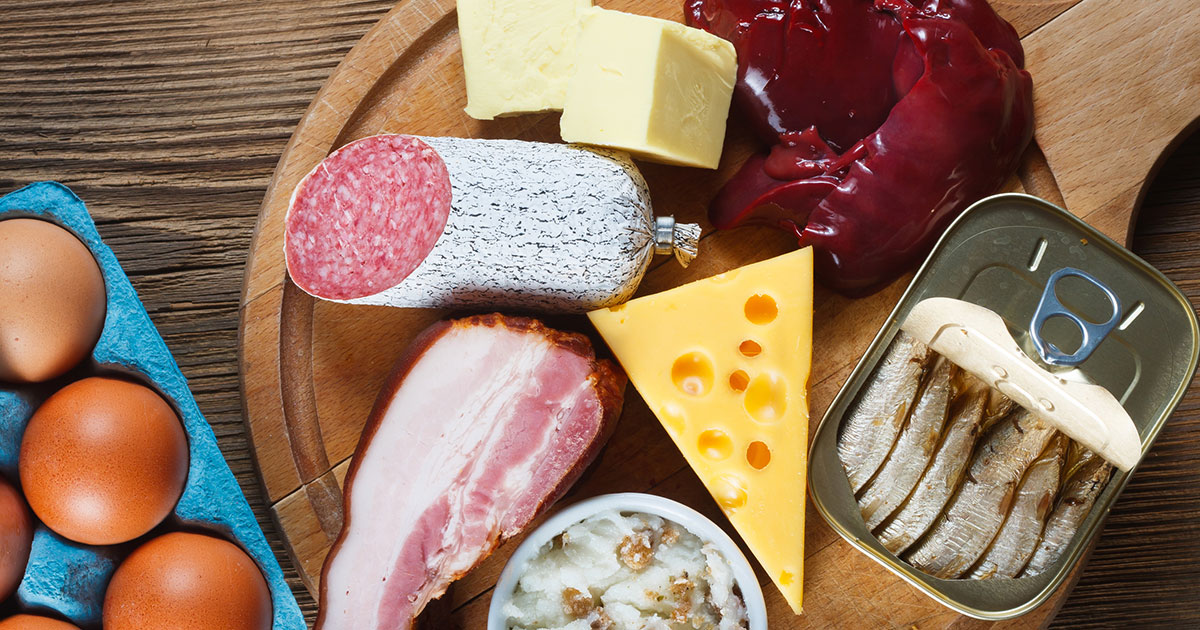
While on an anti-inflammatory diet, it is important to limit or avoid all unnecessary and unhealthy fats, which include trans fats, saturated fats, and low-density lipoprotein (LDL) cholesterol. Ideally, patients should eliminate processed foods, greasy foods, and sweets. This includes high-fat red meats, butter, milk, cheese, cream, margarine, and fried foods. Patients should increase their consumption of omega-3 fatty acids while lowering their intake of omega-6. Other foods to limit or avoid include vegetable oils, sugar, refined grains, sugary drinks, desserts, and refined carbohydrates.
Breakfast Ideas For An Anti-Inflammatory Diet
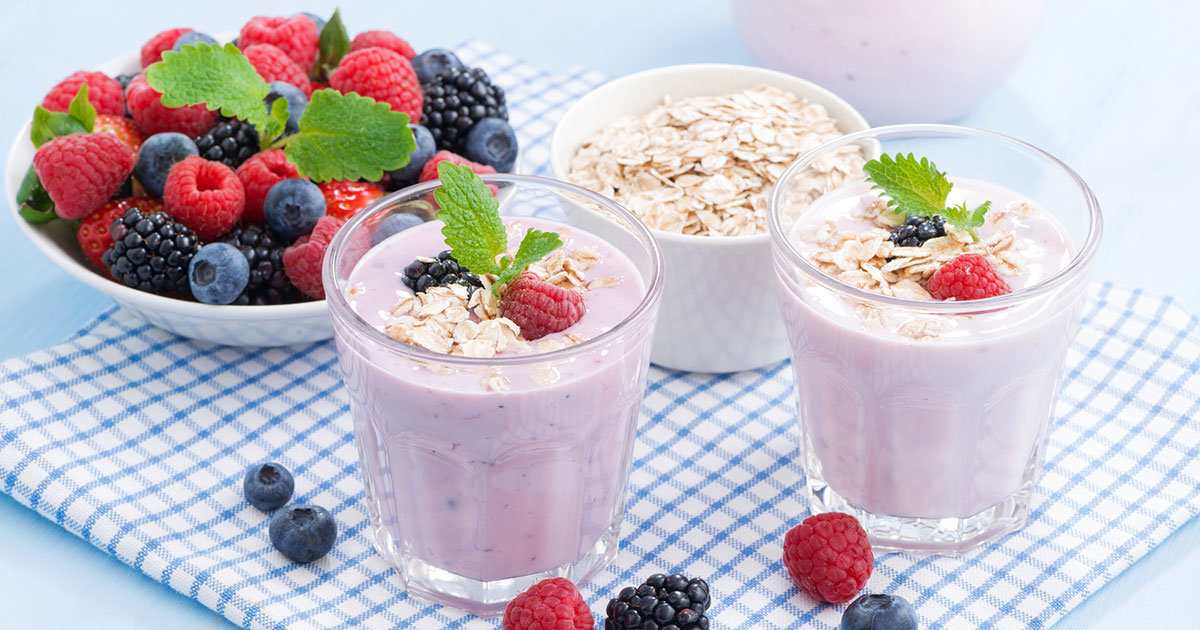
Breakfast is the most important meal of the day, so patients on an anti-inflammatory diet should consider learning as many options as possible to keep theirbreakfastboth delicious and exciting. Some favorite breakfast meals for those on thisdiet include oatmeal and breakfast smoothies made with bananas, berries, and kale.
Making oatmeal is as simple as boiling water and pouring it over oats, but so much can be added to make this breakfast staple more enjoyable while still maintaining its nutritional value. Add almonds, blueberries, and strawberries to sweeten up the dish and to obtain an excellent source of vitamins, monounsaturated fat, and antioxidants.
Lunch And Snack Ideas For An Anti-Inflammatory Diet
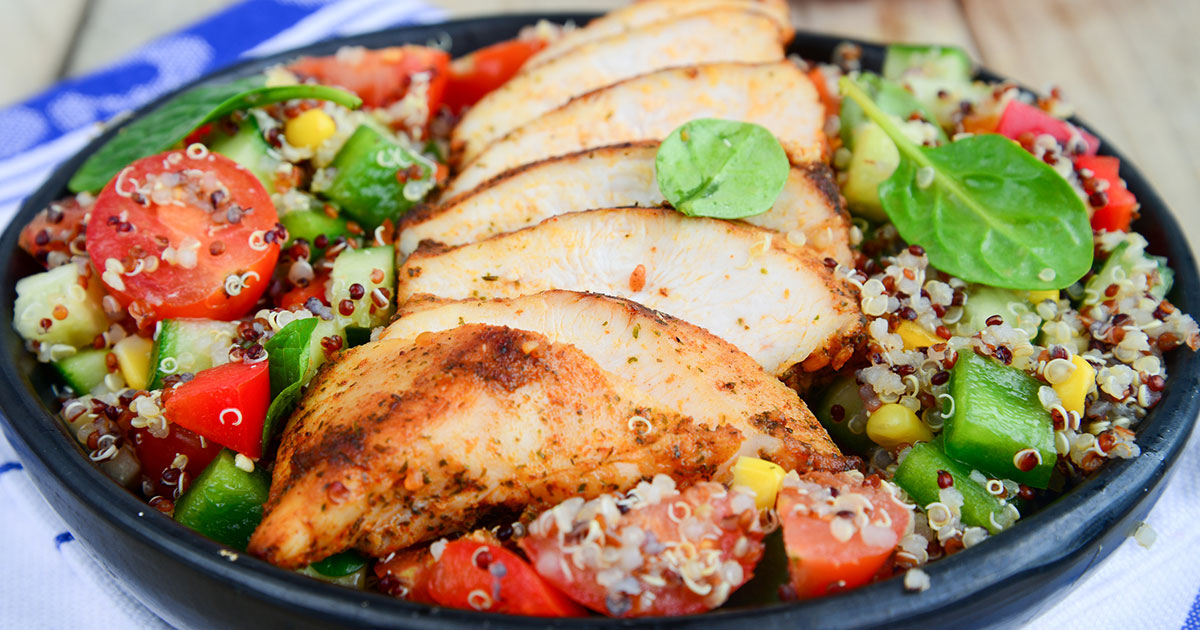
For lunch, any variation of salad will make a great meal addition to an anti-inflammatory diet. Mix some favorite leafy greens with nuts, seeds, fruits, and vegetables. To add more protein, add beans or low-fat meats like chicken, turkey, or fish. Other lunch ideas that include more preparation include vegetarian chili, or chili with ground chicken or turkey, grilled salmon, tuna wraps, grilled chicken wraps, hummus and vegetables, barley salad, quinoa salad, and lentil soup. Remember to limit the amount of salt used when making soups and chili.
For snacks and drinks, keep itsimple and try to remember to use as many anti-inflammatory foods as possible. When making drinks, try to stick to water, smoothies without added sugar, green tea, herbal tea, and ginger turmeric tea.
Dinner Ideas For An Anti-Inflammatory Diet

An excellent meal to cook for dinner to fight inflammation is a chili filled with ground turkey, red peppers, kidney beans, jalapeno, and crushed tomatoes. You can also top it with avocado, green onions, and a small amount of sour cream to add more flavor. The ground turkey is a low-fat, heart-healthy meat. It can be strained after it is cooked to remove more fat from the meal.
Another dinner great for combating inflammation is a whole wheat pasta with low sodium pasta sauce, red lentils, red and yellow bell peppers, onion, and garlic. The meal is low in fat and high in antioxidants. To increase antioxidants even more, try adding spinach to thisdish.
